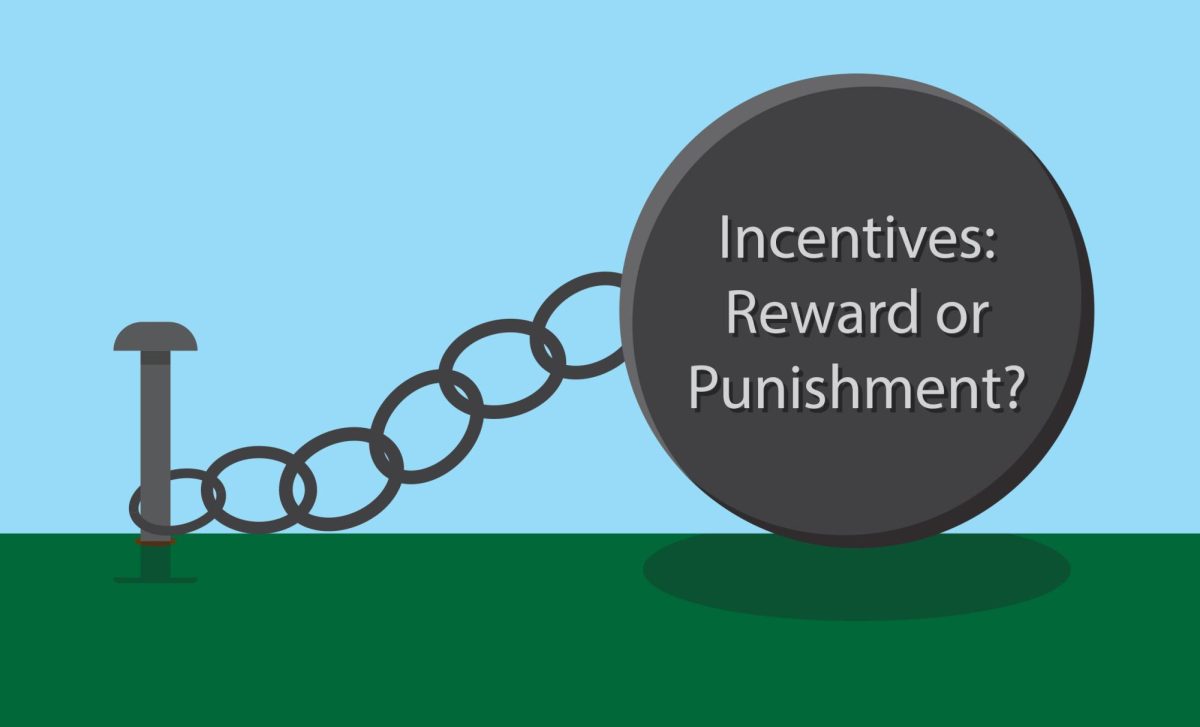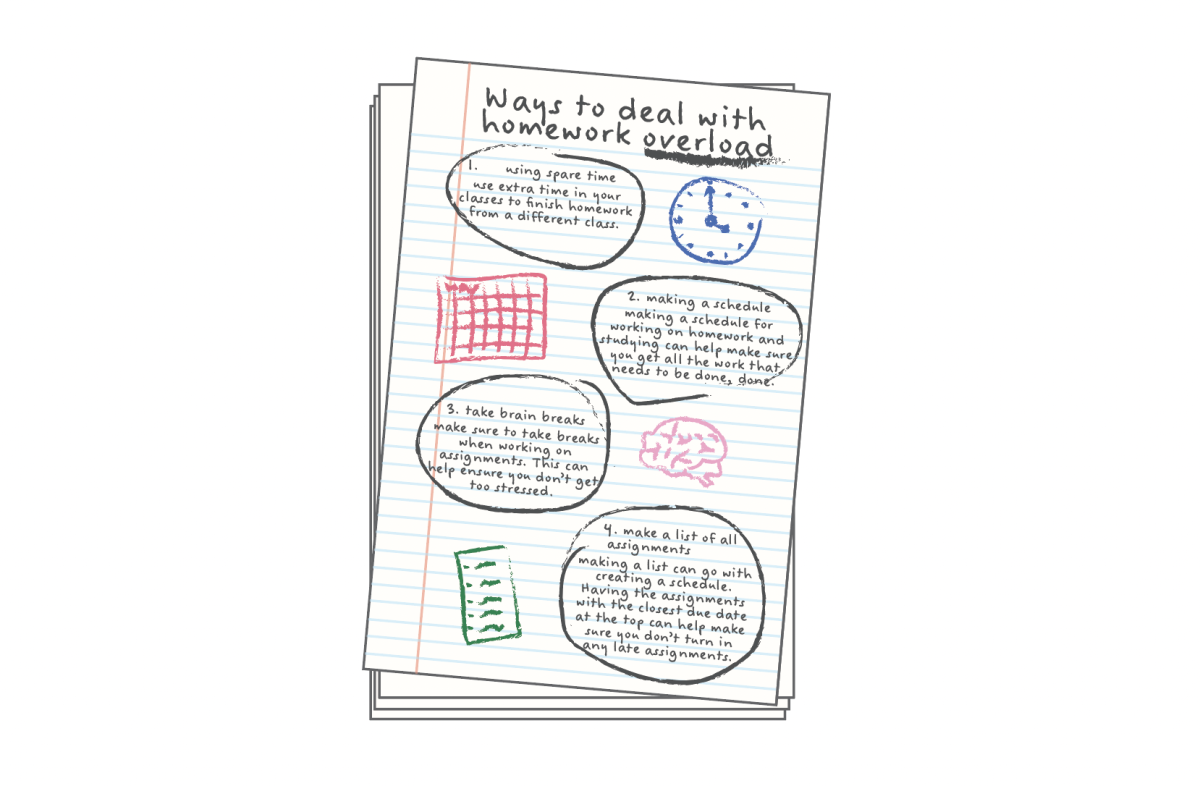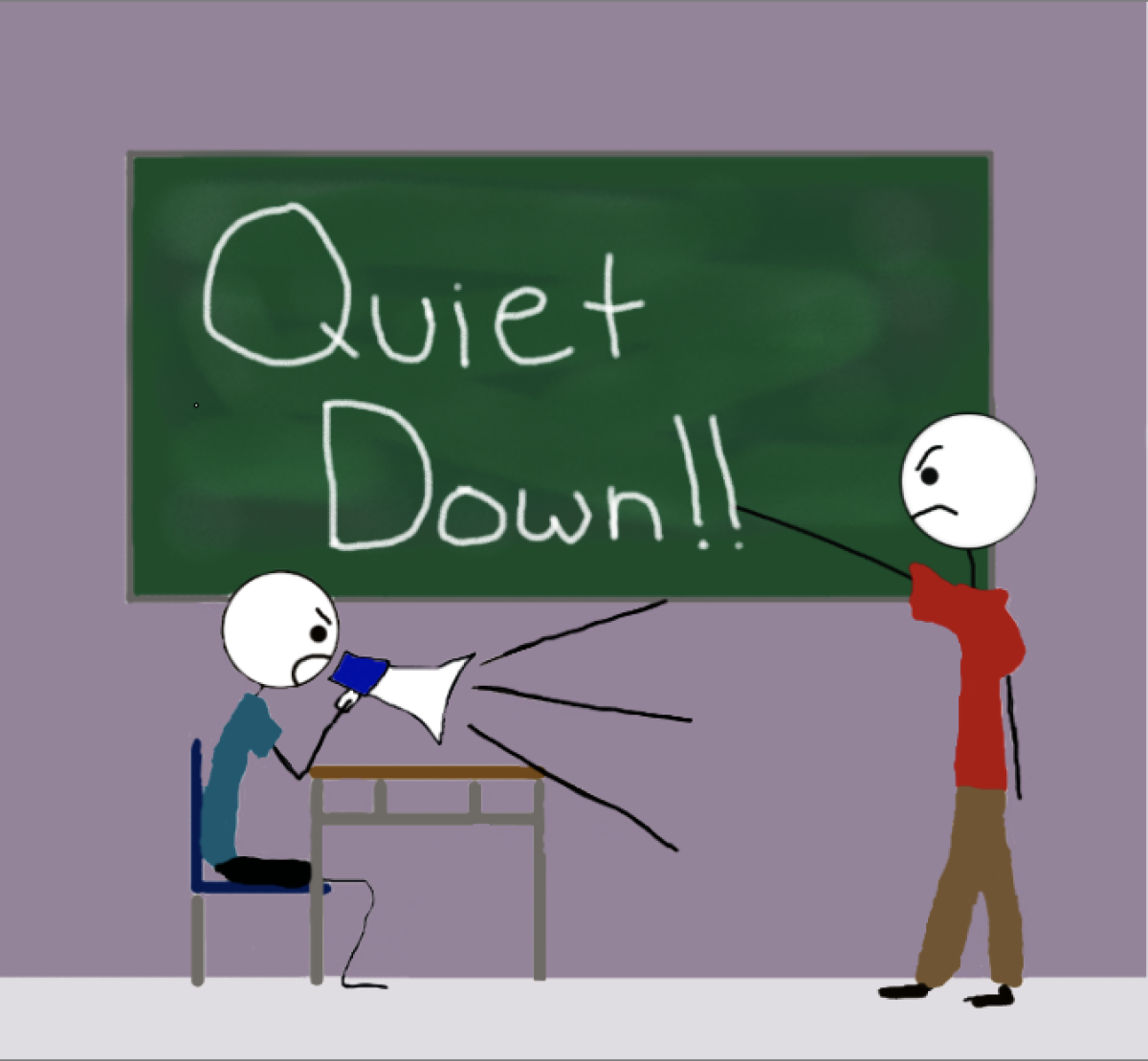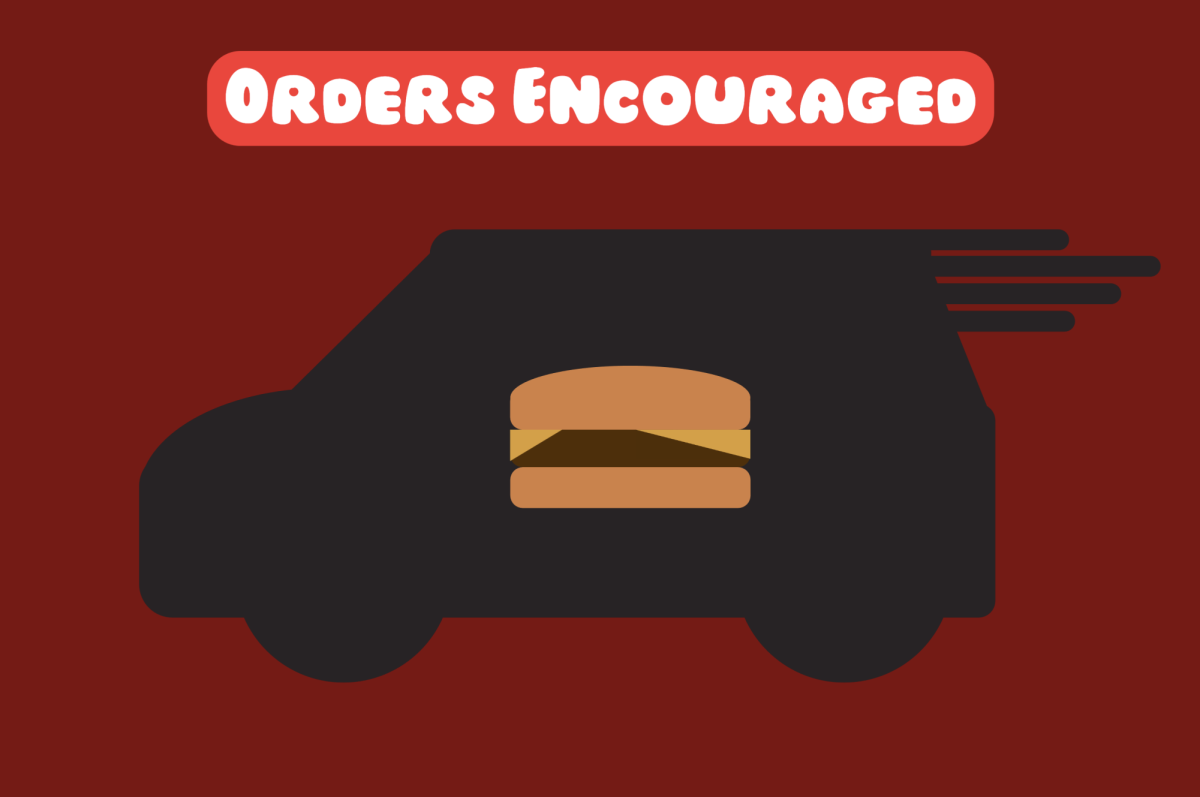Incentives are not a reward; they are a punishment. I realized this in 2021. I was a hard-working student trying to prepare for the semester, and I hadn’t missed a day of school. And then my grandfather died. I was absent from school for a week and flew to North Carolina to be with my family.
I didn’t get any incentives that year.
An article by the Texas Tribune reveals that schools in Texas receive funds based on daily attendance.
Incentives, as the name suggests, incentivize students to go to school. This is not an inherently bad idea. Education depends on understanding, and I’ll be the first to admit that students should be in class as much as possible.
However, life is anything but scripted, and punishing students for things out of their control won’t solve any problems.
Imagine this. You wake up one morning with a fever and a cough. You want to stay home from school. You feel terrible. But then you remember incentives and decide to go to school anyway, despite feeling awful. Not only do you sleep through all of your classes and feel progressively worse, but you also spread the flu to 20 people, who then continue to spread the virus. Some will stay home, some won’t, and the cycle repeats.
That isn’t fair to you or the other people affected.
Or maybe you’re just exhausted and burned out. High school is difficult, and it’s normal to get overstimulated and stressed. I think it’s time we start normalizing mental wellness and making it a priority.
In theory, school is about preparing kids for real life and giving them information that they can continue to develop throughout their time on campus and beyond. Not just academically, but emotionally. Administration should give students room to figure out what’s important to them and develop healthy systems that they will continue to use for the rest of their lives.
The current incentive system sets students up to choose school over their emotional and physical well-being. This will only set them up to have a complicated work-life balance in the future.
The solution is incentives based on grades and an understanding of what they are learning. It is not a system that invalidates a student’s suffering for gain.
Fear is a powerful motivator, but that doesn’t mean it’s a good one. Doctors agree. When a kid is sick, they should stay home. And I’m sure that administrators would agree. However, they do not practice what they preach when we, as students, are told to make a choice between our well-being and our academic success.
Which one is more important, Bowie?








